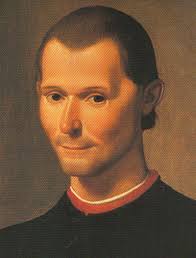Quanta fortuna? Machiavelli e il dilemma della contingenza
(How Much Fortune? Machiavelli and the Dilemma of Contingency)
DOI:
https://doi.org/10.13135/2038-6788/9312Keywords:
Contingency, Fortune, Il Principe, Machiavelli, VirtueAbstract
The register of political actions situates itself, for Machiavelli, in the relation between virtue and fortune. Fortune is that which escapes, it is the configuration given in a specific moment to the conflict that devastates the political space, namely the conflict between the many, who do not want to be dominated, and the great, who want to dominate. Fortune can be anticipated, used, but never ruled. This is a central idea in Machiavelli’s reflection. We can attribute to human existence an excellence that is such insofar as existence is frail, intrinsically and constitutively subject to fortune (and insofar as individuals will then be able to act on fortune and free themselves from its influences via virtue). Because human excellence is such precisely because of its fundamental exposure to fortune, the political theory sought by Machiavelli is one capable of sustaining political unpredictability, contingency, and human condition. Our exposure to fortune and our sense of values make us independent from that which lies outside us. Within the tension between politics and contingency, the general question is: With how much fortune can we humanly coexist? With how much fortune must we coexist so that our life can be the best and most valid?


